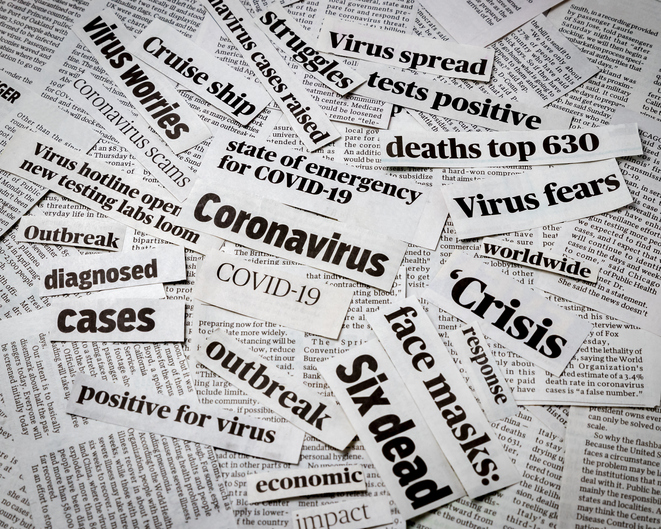Two separate polls show U.S. adults are misinformed about COVID risks and the differences between perception vs. reality depend in large part on age, and political preference.
In a poll by Franklin Templeton and Gallup using monthly data from 35,000 U.S. adults, young people overstated their risk of dying from COVID by as much as ten times. Those 24 and under believed they had a 7.7 to 8.7 percent chance of dying from COVID-19 while the risk is 0.1 percent. Those between the ages of 25 and 34 believed they had a risk of death between 9.4 and 10.8 percent while the real risk is .7 percent. The poll showed Democrats to be more fearful than were Republicans about death from the virus.
There were similar findings in a YouGov survey released on March 30. Fifty percent of adults ages 18 to 24 said they were nervous about interacting with people socially again while 31 percent of adults over age 55 said so. In all age groups, 25 percent expected to be wearing masks after the pandemic is over. The poll surveyed 4,021 U.S. adults is a sample designed to represent the U.S. population. Overall, 39 percent of respondents said they
The Franklin/Templeton poll revealed stark differences in perceptions about the virus depending on political affiliation. When asked about beliefs of whether COVID-19 could spread not asymptomatically, 36.8 percent of Republicans agreed while 22.5 percent of Democrats believed that to be the case. Thirteen percent of Democrats believed flu causes more death than COVID -19 while 40.5 percent of Republicans believed so.
Of all adults, less than 18 percent gave the correct answer to “what percentage of people who have been infected by the virus need to be hospitalized?” The correct answer is one to five percent. Democrats were more likely to overestimate the harm.
-Staff reports
Jonathan Rothwell, Sonal Desai, “How Misinformation is Distorting COVID Policies and Behaviors,” Franklin Templeton-Gallup Economics of Recovery Study, December 2020: https://www.brookings.edu/research/how-misinformation-is-distorting-covid-policies-and-behaviors/?te=1&nl=the-morning&emc=edit_nn_20210318
